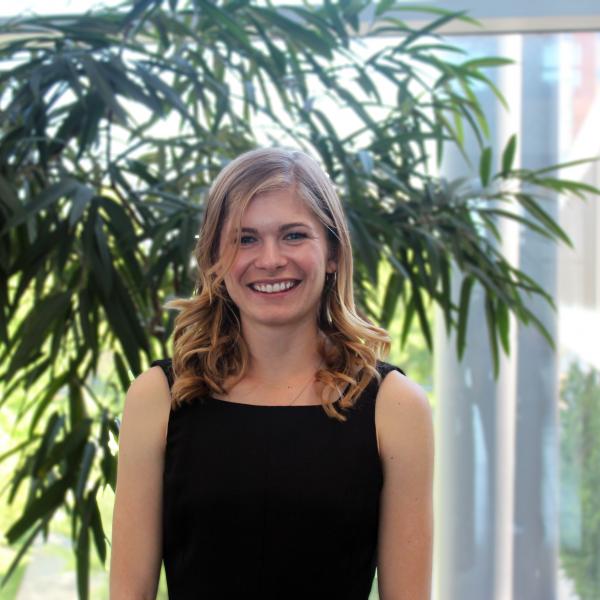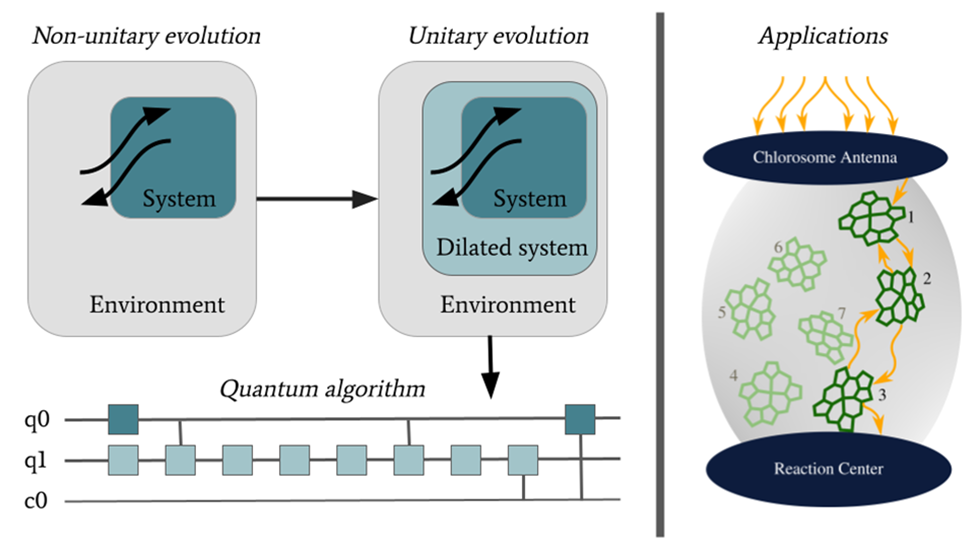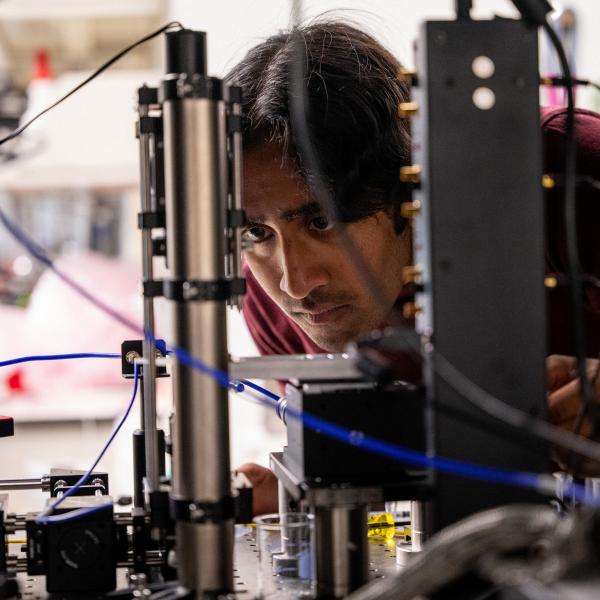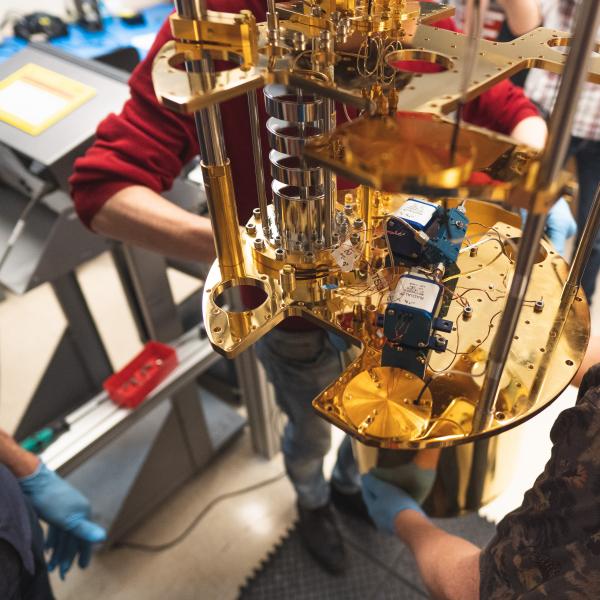The Head-Marsden Group seeks to elucidate electronic structure properties and open quantum system dynamics relevant in emerging quantum materials and technologies. Our research emphasizes on classical method development, alongside algorithm development for use on noisy-intermediate scale quantum computers. With these methods and algorithms, we hope to make predictions for correlated molecular systems undergoing complex environmental interactions with applications in chemistry, physics, and materials science.
Contemporary problems in materials science and chemistry require theoretical and computational methods that accurately and efficiently capture quantum behavior. Important phenomena including exciton transport and decoherence dynamics in quantum systems are frequently driven by interactions with an external environment. The field of open quantum systems provides a lens to consider such environmentally driven dynamical processes. Our research focuses on developing and applying methods in open quantum systems, quantum information, and electronic structure to provide a holistic perspective on molecular, material, and condensed matter systems. Key areas of research include:
· Classical method development for the treatment of complex environmentally driven dynamics in open quantum systems
· Quantum algorithm development for chemical applications with an emphasis on time-evolving electronic structure
· Open quantum system methods applied to quantum hardware characterization
· Electronic structure characterization of correlated molecular and material systems
Figure (Left): Our research consists of classical method development for open quantum system dynamics, or non-unitary dynamical evolution. To perform comparable evolution on a quantum computer, we can map this framework into a unitary evolution that can then be implemented as a gate-based algorithm on noisy intermediate-scale quantum devices.
Figure (Right) Through these classical methods and quantum algorithms we can consider the time evolution of important quantum systems, such as photosynthetic light harvesting complexes.





